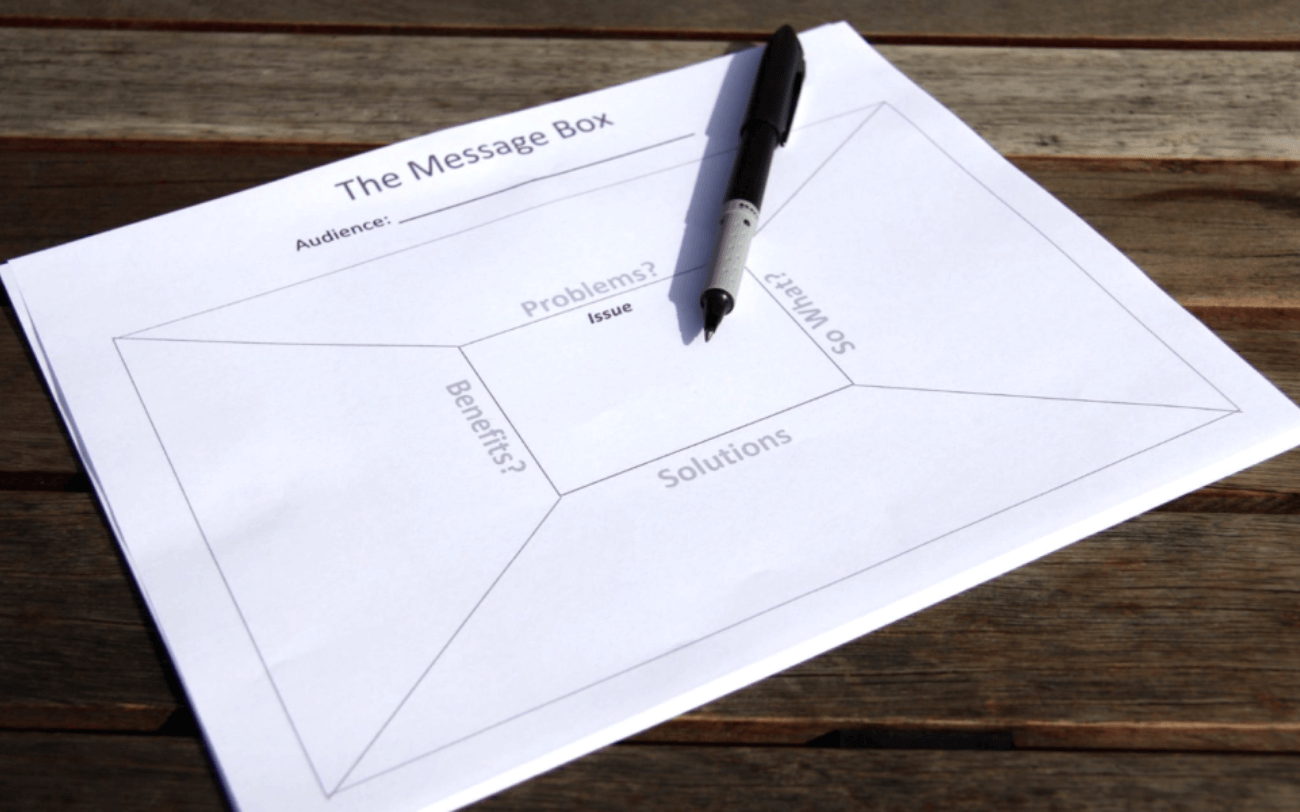Prepare to communicate risk effectively and compassionately.
Every day, we all make decisions that require us to consider risk, but it can be challenging to communicate risk to others in compassionate, meaningful ways. We know more than ever about how risk information is processed in the brain, and applying those insights to our risk communication will help our audiences better understand risk and make more informed decisions about their health, safety, and the environment.
In this 3-hour virtual workshop, you will
- gain a deeper understanding of the science behind risk communication;
- identify and begin to draft the different components of a plan for communicating risk around a topic that’s important for you;
- practice revising a key risk message to be more meaningful, compassionate, and actionable for your particular audience; and
- receive feedback on your message from peers and trainers.
Do you need to communicate risk effectively and strategically to others from a scientific perspective? If your work has any implications for decision-making, we believe the answer is yes. Whether it’s letting people know about a red tide beach closure or translating technical information for community planning, effective risk communication can improve comprehension and decision making while building relationships in the process.
By registering for this workshop, you are committing to active participation in the workshop, for the benefit of both yourself and the group. Please also plan to use a webcam whenever possible during discussion and breakout room portions of the workshop. Due to the progression of materials presented and the paired exercises, we cannot admit participants who are more than 15 minutes late. More information can be found in the FAQ section below.
Who could benefit from this workshop?
This workshop is open to science professionals who would like to learn how to improve their risk communication skills.
Technology
The workshop will be held on the video conferencing platform Zoom. If you are unfamiliar with the platform, this one-minute video explains how to join a meeting. You will need a webcam, microphone, and stable internet connection. Recommended upload/download speed is 5Mbps/5Mbps. Test your internet speed here by clicking “run speed test.” This workshop will also incorporate the browser-based whiteboard program called MURAL.



